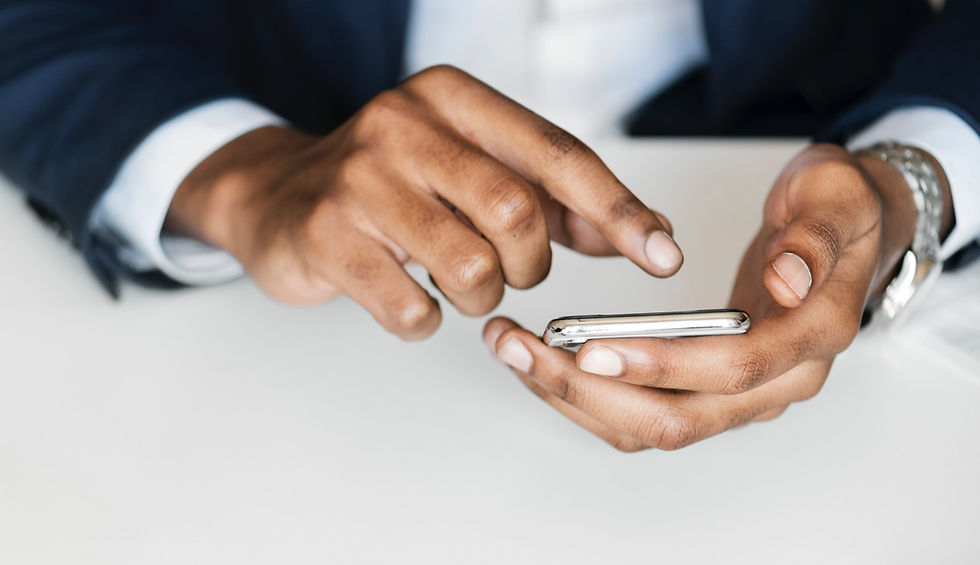The Effect of Smartphones on Our Mental Health
- Jul 21, 2022
- 2 min read
Updated: Nov 17, 2022
In recent years, several concepts have become widely accepted as markers of a healthier lifestyle. The goal of five portions of fruit and veg a day helps shape dietary norms. Ten thousand daily steps has become a target for physical activity.
Body mass index (BMI) is increasingly familiar as an indication of appropriate weight. Yet we have no comparable benchmark by which to gauge our lifestyle in terms of mental health.
That might be set to change thanks to the ubiquity of the smartphone. Academics have been describing escalating rates of loneliness, sadness and suicidal ideation among teenagers since 2010 (roughly when the meteoric trajectory of smartphone ownership passed 50 per cent of the population). This seems to be a global trend, that is affecting, predominantly, 18 to 24 year olds in many countries, including the US, UK & India.

What seems to be happening is a degradation of the “social self” – a composite measure that encompasses how we view ourselves, and how we form and maintain relationships: in essence, how we fit in to the fabric of society.
Sapien Labs assesses the social self as one of six facets in its Mental Health Quotient (MHQ) tool, administered as an online questionnaire. Individuals with a stunted social self typically report low self-worth, poor self-image and confidence, obsessive thoughts centred around relationship issues, feelings of distress or disconnection or hopelessness, and sometimes suicidal thoughts.
The common factor internationally appears to be online life. The generation now reaching young adulthood is the first to have grown up with near ubiquitous access to smartphones and tablets, and surveys estimate they currently average seven hours online daily.

Social media involves much interpersonal communication, of course, and sometimes leads to friendships with people who would never have been encountered “in real life”. But the human brain and mind have evolved to flourish in a milieu of constant, real-time, in-person interaction: facial expression, body language, eye contact, eye movement, tone of voice, pupillary size; to say nothing of the power of touch, or linguistic nuances.
Our brains are replete with networks of mirror neurons that continually reconstruct other people’s postures and movements imaginatively to acquire and develop numerous abilities, not least empathy.
The digital revolution has been astoundingly rapid, and we have been blindsided by the addictive nature of the online experience and how it has consumed our young.
The ever stronger signals of its downsides should lead to reappraisal. Readily measurable through the Mental Health Quotient (MHQ), the social self, according to Dr.Tara Thiagarajan, is a new benchmark for mental well-being – something with which schools can monitor the effectiveness of their personal development curricula, regulators can deploy in negotiations with the technology sector, and parents can consider when determining what life is like at home.
Thiagarajan believes it’s unhelpful simply to limit screen time; rather it’s about creating the opportunities and time for children to engage in “real life”’ pursuits – including simply “hanging out” with friends. Presumably, though, without them bringing their phones.
If you are affected by any of the issues raised in this article and would to have a confidential chat, +44(0)7831162438, info@ndny.uk




Comments